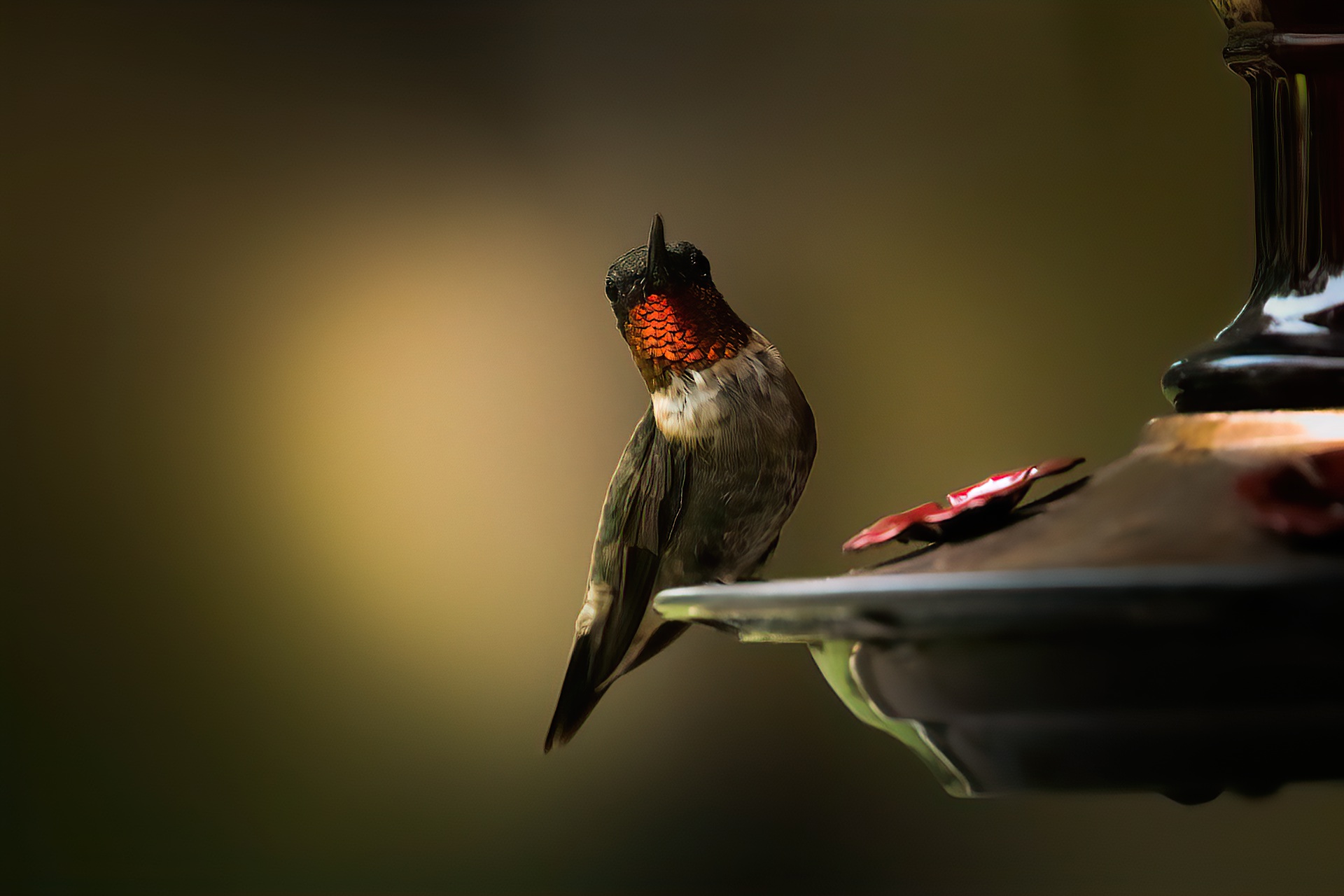In World War 1 and 2 Canadians planted Victory Gardens. These mostly urban gardens were part of a creative response to encourage local people to turn ordinary back yards or unused lots into thriving little super gardens. While some could not fight on the front lines or work in ammunition factories, neighbours could come together and plant gardens, share the produce, and contribute in this small but creative way to the war effort.
The Victory Garden movement did more than just provide fresh fruits and vegetables at a time when food was being mobilized to support troops and allies, these gardens were also a source of leisure. In a time when it would have been hard to hear news of battles and loss, Victory Gardens became a way for people to create life, clear their mind, and focus on life and productivity. It was precisely the kind of morale boost that Canada needed during a dark time.
By some estimates, there were as many as 200,000 Victory Gardens at its peak in 1944. It was seen as a patriotic gesture to contribute, and as a result a whole generation of Canadians learned how to garden and transform their communities. Home gardening became a movement and gardening clubs emerged and endured.
Even more than the enjoyment, and the fresh produce, Victory Gardens are regarded as time in Canadian history when people started to take great pride in their place. We found that our neighbourhoods could be beautiful, and fruitful.
Today there is a return, in some communities, to this kind of enthusiastic gardening. Victory Gardens for Bees is a book by Canadian author Lori Weidenhammer. It advocates for gardening that supports pollinators and celebrates the importance of growing green spaces. Anyone can turn their yard into a place that helps bees and other important pollinators thrive again.
The New Agrarian Revival and Land and Table are organizations who work to educate, connect, and inspire people to plant gardens, grow food, and share together in a broader community. Authors like Wendell Berry inspired a generation of people who care about the land, and find real ways to nurture soil, grow good things, and gather others to share in their joy, too.
The COVID-19 pandemic has given us new energy for old practices, like sending notes to neighbours, calling a friend, and stopping to check in on those we care about. If my street is any indication, we may also be witnessing a re-emergence of Victory Gardening. My neighbours are planting gardens for flowers, for fruit, and for vegetables, but my hunch is that we may all be gardening because we are beginning to dream of something better. We want our communities to thrive, we are finding new ways to grow food, and we hope to enjoy the simple pleasures of being outside and making our world beautiful. We may have to wear masks at Costco, but in our neighbourhoods we can grow gardens. It may just be the one of the most powerful messages of hope we can offer in this season.







